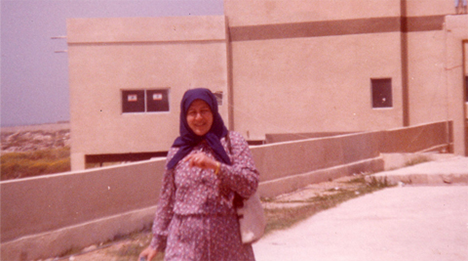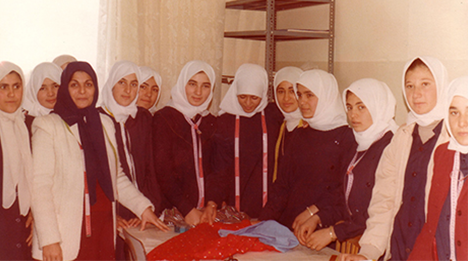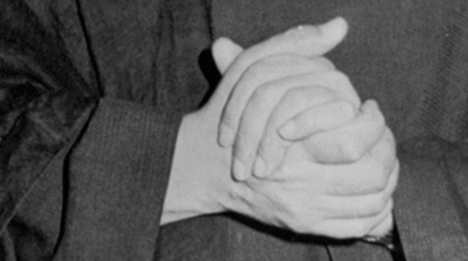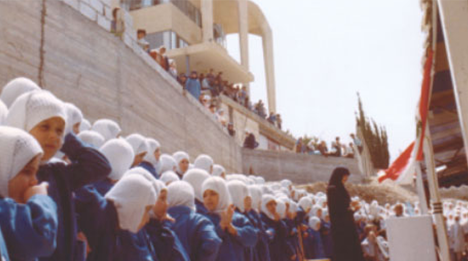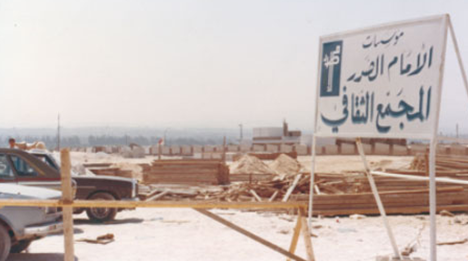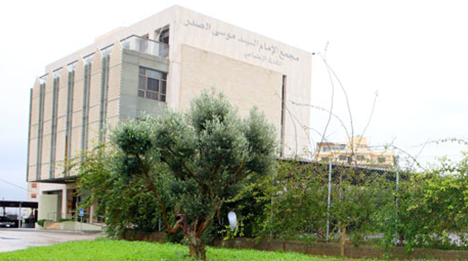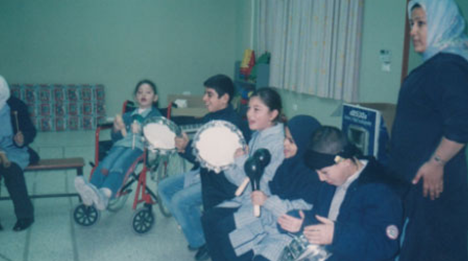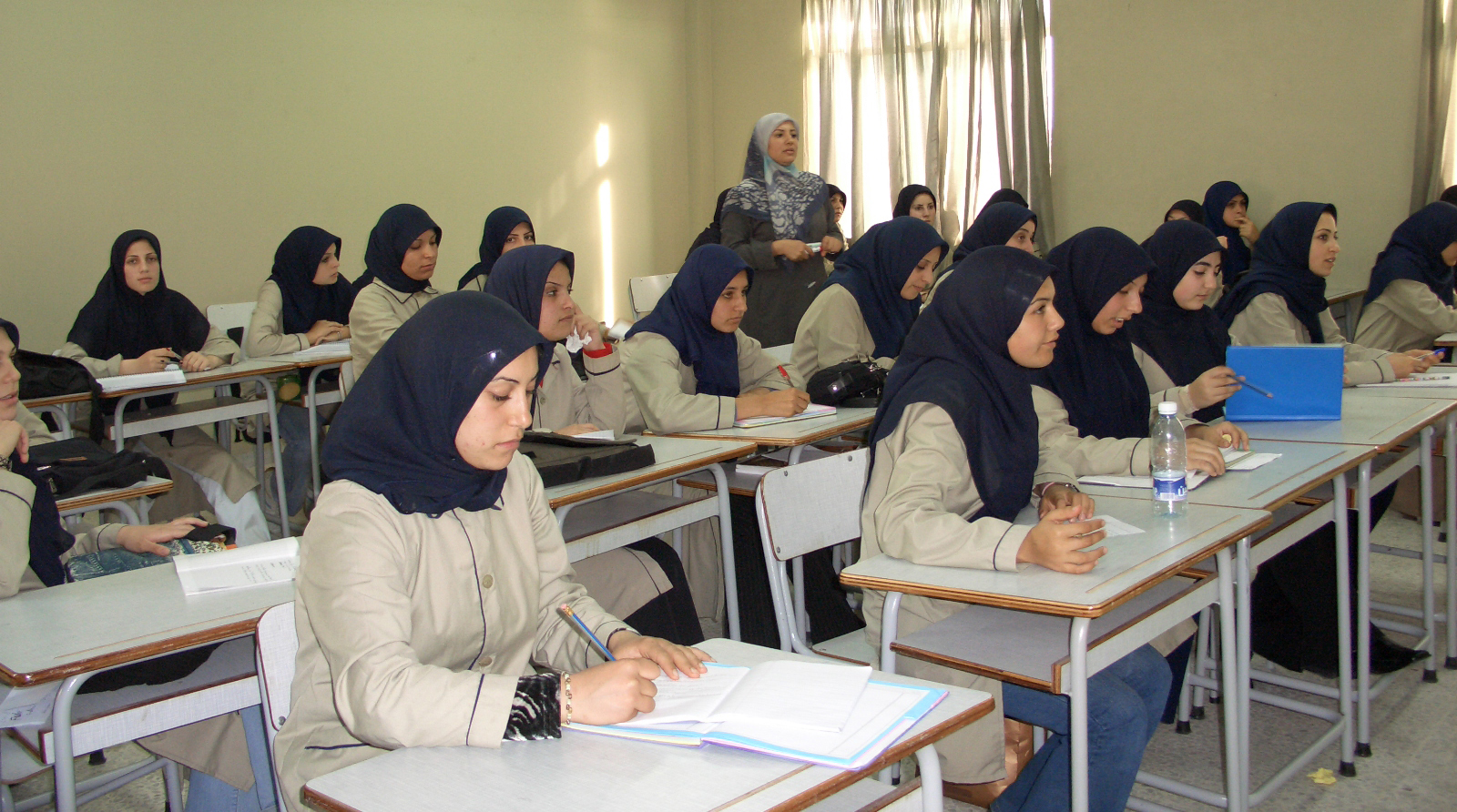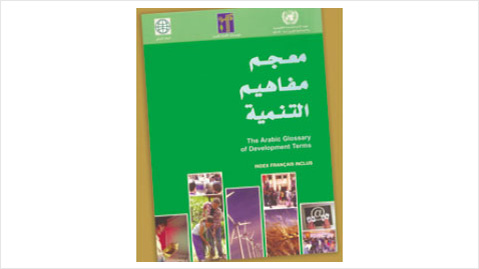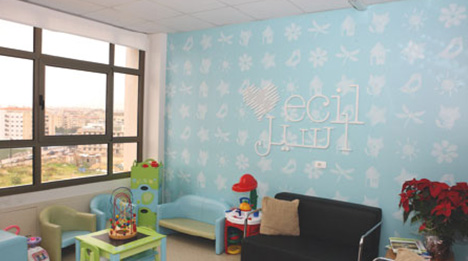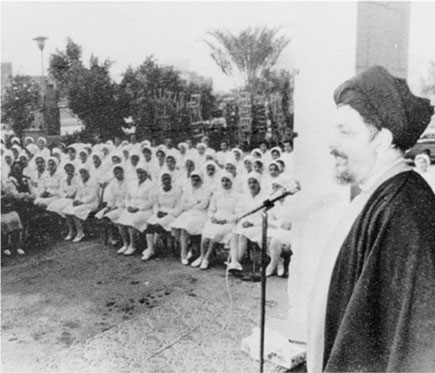In this scope, the Imam Sadr Foundation has developed its central activity from the Rihab Zahra orphanage into a comprehensive, sustainable care program. This program includes orphans as well as individuals facing critical social situations such as extreme poverty, broken homes, and victims of domestic violence, among other special circumstances. Given the increasing numbers within this category, the Foundation has diligently established a set of complementary services, namely a nursery and an inclusive school that covers kindergarten, elementary, middle, and high school levels. Additionally, it offers a variety of cultural, social, and recreational programs.
Imam Sadr has made the education and empowerment of girls a pillar of the Foundation’s mission. It therefore puts a strong emphasis on helping them obtain university degrees from local universities, funded and supervised by the Foundation. For those wishing to pursue vocational education, a wide selection of specialties is available, notably at the renowned nursing school whose graduates are easily assimilated into the labor market. Additionally, there are accelerated vocational training programs, whose traditional specialties were supplemented with a groundbreaking department for training social workers accredited by the Ministry of Education.
Recently, the scope of welfare services was broadened to include the remaining household members through the at-home care program for girls. The service provides social assistance and counseling to girls’ families and allows girls to benefit from all-day services while returning to their families for the night.




